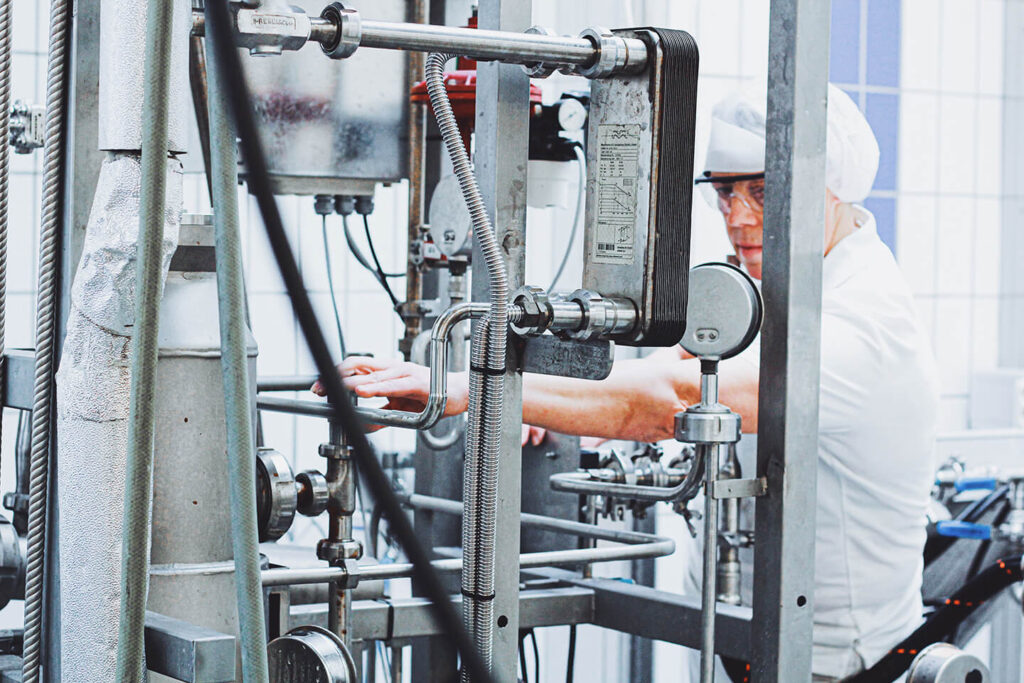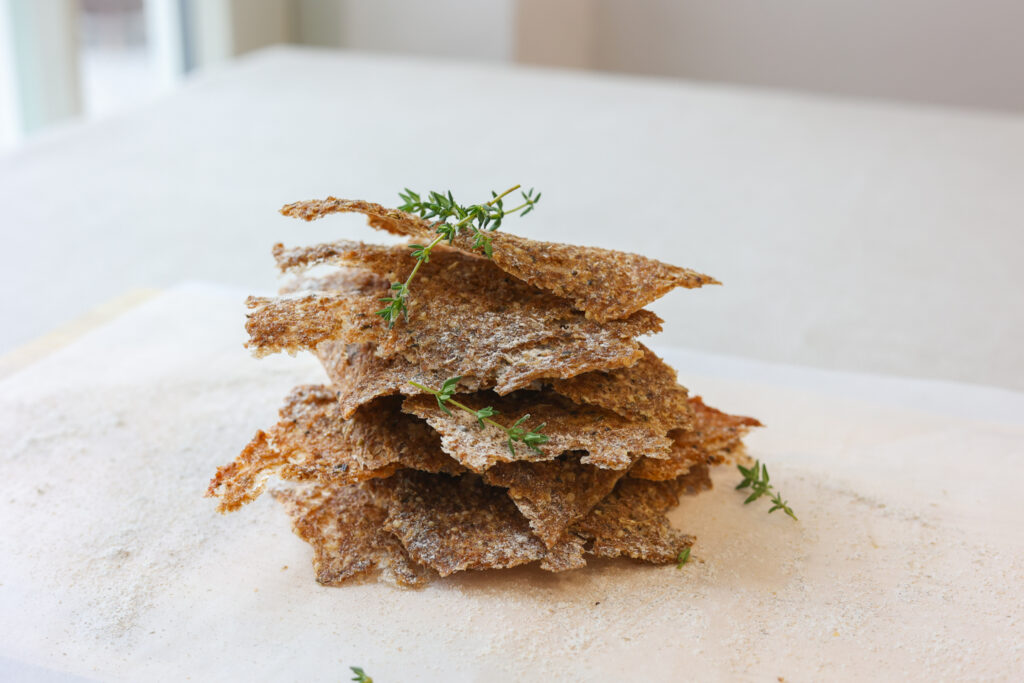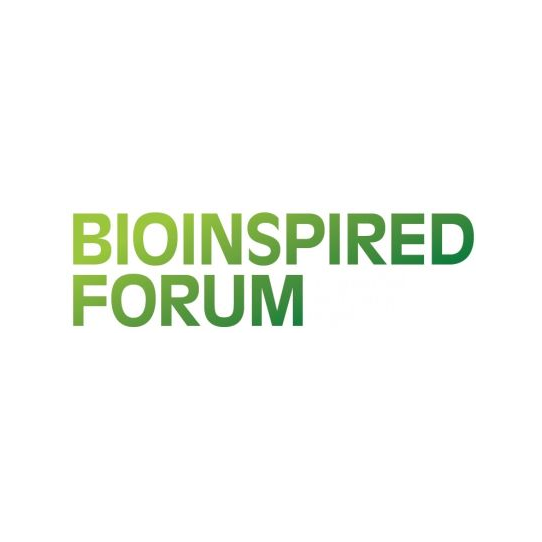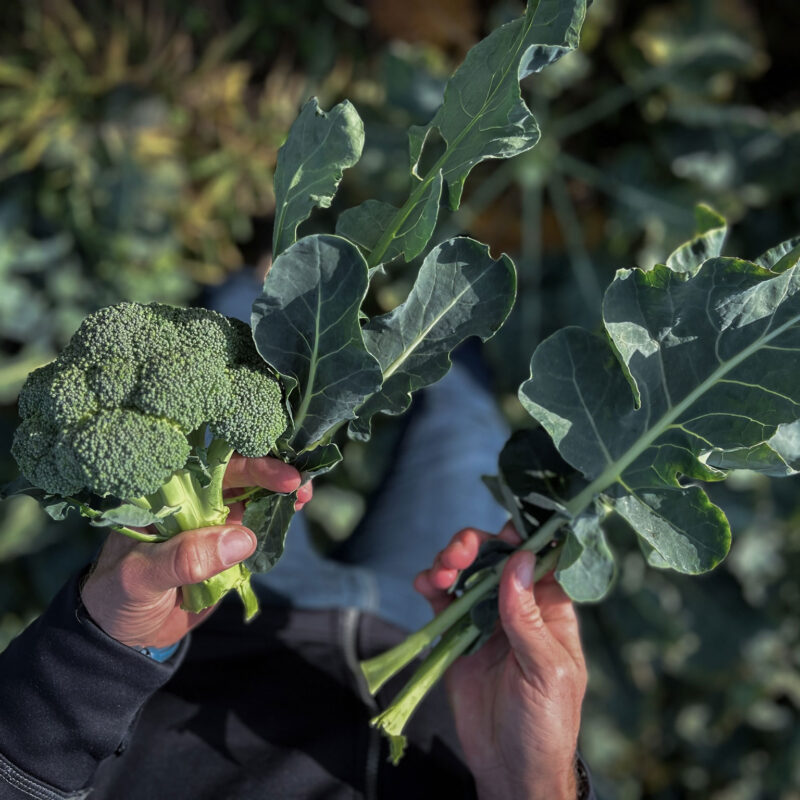Over & Oat – Turning Oat Drink Residues Into New Food and Materials
For every liter of oat drink produced, approximately 0.2 liters of press residue is generated. This means tons of residual products are generated daily – in Sweden only. Despite being rich in both protein and fibers and perfectly fit for human consumption, the so-called oat okara is today mainly used for feed, fertilizer, and biogas production. This has spurred Axfoundation’s interest: How can the industry work together to find sustainable and economically viable ways to redirect this valuable residual flow and use it as an upgraded ingredient in food products or new, bio-based materials?

The project explores potential uses for oat okara, for food as well as fibers in materials. Photo: The Green Dairy
The Issue
The food industry accounts for a large share of global greenhouse gas emissions and causes substantial amounts of residual waste. One growing challenge is residual products from oat drink production – a food segment that is growing rapidly worldwide. The residue, known as oat okara, is currently mainly downgraded, and used as fertilizer, biogas, or animal feed – a waste of a resource that could be a valuable nutritious ingredient in food or bio-based products. More and more food producers are beginning to see the environmental and commercial value of upgrading oat okara. However, infrastructure and large-scale solutions for using the oat okara are lacking as the market is underdeveloped.
To reduce the climate impact of food production and achieve a resource-efficient food system, the food produced simply needs to be eaten.
– Johan Sidenmark, Project Manager Future Materials, Axfoundation

A crispbread made from oat okara, based on residual products from oat drink production.
Did You Know…?
- For every liter of oat drink produced, 0.2 liters of press residue, known as oat okara, is generated.
- In Sweden alone, about 25,000 tons of oat okara are generated annually from oat drink production.
- The residues correspond to emissions of around 3,650 tons of CO₂e each year.
- At least 36 million SEK is lost in economic value each year as a result of unutilized resource use.
Our Solution
Drawing on the expertise from Axfoundation’s team in Future Materials and Future Food together with partners in the industry and academia, the project Over & Oat aims to ensure that the residual product from oat drinks is upgraded, and thus contributes to smarter resource utilization and a move toward a more circular and sustainable food industry.
The ambition is to solve the industry-wide challenges that exist to use and commercialize oat okara, as well as explore the possibility of developing attractive and innovative food ingredients.
Furthermore, the project wants to find ways to achieve profitable circular food design and food production from waste products. For this to happen, the industry needs to work together to create the right procedural, technological, and market-based conditions.
In the long term, the Over & Oat project aims to contribute to a sustainable and resource-efficient food system where all the produced food reaches the consumer. The vision is a system where energy, raw materials, and other resources used in food production are maximized, and where the use of virgin resources in agriculture is reduced.
Since not all oat okara is likely to be suitable for creating new foods, the project also aims to contribute to new knowledge about how the residual product could be used in, for example, bioplastics or in the production of enzymes for material production.
Our Work
Axfoundation brings together Swedish oat drink producers and representatives from the industry to address the challenges of oat okara and find practical solutions. Since the start in 2023, tests are conducted at Torsåker Farm to explore potential uses for oat okara, for food as well as fibers in materials. At the same time, the possibilities for in-depth research regarding the potential of oat okara are being investigated.
Axfoundation has extensive experience in initiating and running broad collaborative projects, several with public funding. The focus is always on practical solutions to concrete sustainability challenges that have great potential for upscaling and system transformation.
We need to maximize the use of resources in the food industry. The by-product oat okara is both rich in fiber and protein and can become a valuable ingredient in food or as a component in bio-based products.
– Johan Sidenmark, Project Manager Future Materials, Axfoundation
The Project’s Focus Areas
- Process development, harmonization, and quality assurance
- Innovation in new food categories
- Business development in the value chain
- Sustainability and conflict of interest analysis
Partners
The project is a collaboration between Axfoundation, Alfa Laval, Axfood, Chalmers Industriteknik, Elajo Technology Solutions, Kronholm Development AB (consultant), KTH Royal Institute of Technology, Lund University, Martin & Servera, Sorunda Hallarna, Oatly, Berte Qvarn and The Green Dairy.
The reference group for the project consists of: Carlsberg, Köping musteri, Rscued, Spendrups and Yelte.































































